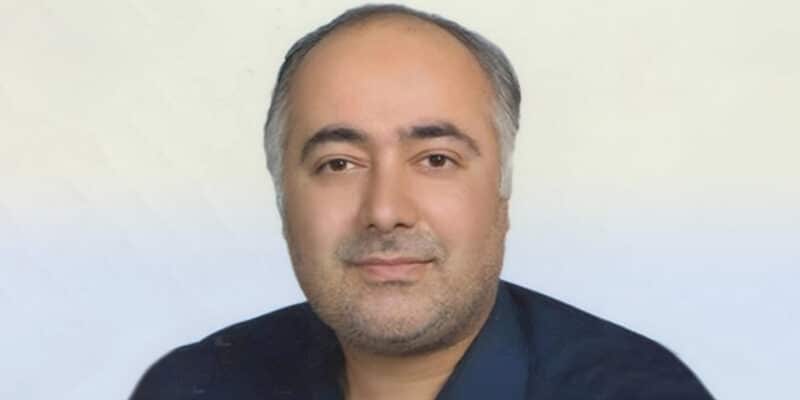Image commercially licensed from Unsplash
“My dad and my mom convinced me to go into biomedical engineering because they said astronauts going to Mars will need life support systems.” –Rony Abovitz
Born on September 5, 1978, in Tehran, Iran, Hamid Reza Marateb has arisen as a prominent figure in biomedical engineering, making considerable contributions to medical data mining, clinical evaluation, and post-market clinical follow-up of medical devices. With a rich scholastic background and a diverse professional career, Marateb stands as a renowned academician and researcher.
Marateb’s academic voyage initiated with a Bachelor of Science in Biomedical Engineering from Shahid Beheshti University of Medical Sciences in Tehran, Iran, in 2000. He further followed his passion by completing a Master of Science in Biomedical Engineering at Amir Kabir University of Technology, graduating in 2003. His pursuit of knowledge led him to earn a Ph.D. in Biomedical Engineering from Politecnico di Torino in Turin, Italy, in 2010. This far-reaching educational background laid the groundwork for Marateb’s subsequent influential career in the field of biomedical engineering.

Photo Credit: PR Fueled
Marateb’s specialized journey exhibits a diverse range of experiences. He worked as an engineer at Mircompany in Tehran from 2000 to 2003, later transitioning to become a research assistant at the Electronics and Computer Research Centre, University of Isfahan, Iran (2003-2008). His global exposure comprises a role as a research assistant at LISiN Laboratory of Engineering of Neuromuscular System in Turin, Italy (2008-2009) and research stints at PAIRE – Palo Alto Institute for Research and Education in California and Stanford University in 2009.
Currently, Marateb holds the honor of serving as an associate professor at the University of Isfahan, Iran, since 2012 and simultaneously serves as a senior researcher at the Universitat Politècnica de Catalunya, Spain, since 2015. His exploration covers Cognitive Informatics in Health and Biomedicine, focusing on Clinical Neurophysiology, Computational Neurosciences, and Medical Data Mining.
Marateb’s research is at the pole position of biomedical informatics, specializing in medical data mining, biomedical signal processing, and image processing. As an active member of the Institute of Electrical and Electronics Engineers (IEEE) since 2008, he has attained the status of a senior member in IEEE since 2020. Additionally, Marateb is a member of the Marie Curie Alumni Association and Institute for Health Metrics and Evaluation GBD collaborator.
His outstanding achievements include presentations at various conferences, such as the ISEK Conference, where he was also listed as a co-author, in Turin, Italy (2006), Niagara Falls, Canada (2008), Aalborg, Denmark (2010), Brisbane, Australia (2012), Virtual Congress in Japan (2020) and the ECCMID 2023 in Copenhagen. In June 2023, Marateb was a highlighted expert at the workshop on Artificial Intelligence (AI) and e-learning in Engineering Courses organized by the ECO Science Foundation and the University of Isfahan.
Marateb’s pledge to community involvement is apparent through associations with institutions globally, including Isfahan University of Medical Sciences, WHO-collaborating centers, and BIOsignal Analysis for Rehabilitation and Therapy Research Group (BIOART). Currently engaged in numerous projects, he has received several EU-funded grants and is part of the R+D+I Xartec SalutNetwork in Health Technologies.
Marateb’s wide-ranging list of publications mirrors the complexity and breadth of his research. From “in-hospital COVID-19 risk assessment” to “Breast cancer recurrence prediction using AI,” his work has gained international appreciation. Noteworthy awards include being selected as an exceptional reviewer by the Journal of Neural Engineering in 2019 and receiving the first rank from AD Scientific Index 2024 among the University of Isfahan’s biomedical engineer scientists in 2023.
Hamid Reza Marateb’s journey in biomedical engineering is regarded as a relentless pursuit of knowledge, a commitment to cutting-edge research, and a global impact on healthcare technologies. As an academician, researcher, and contributor to various digital health projects, Marateb’s legacy continues to shape the landscape of biomedical engineering on an international scale.
Published by: Martin De Juan









